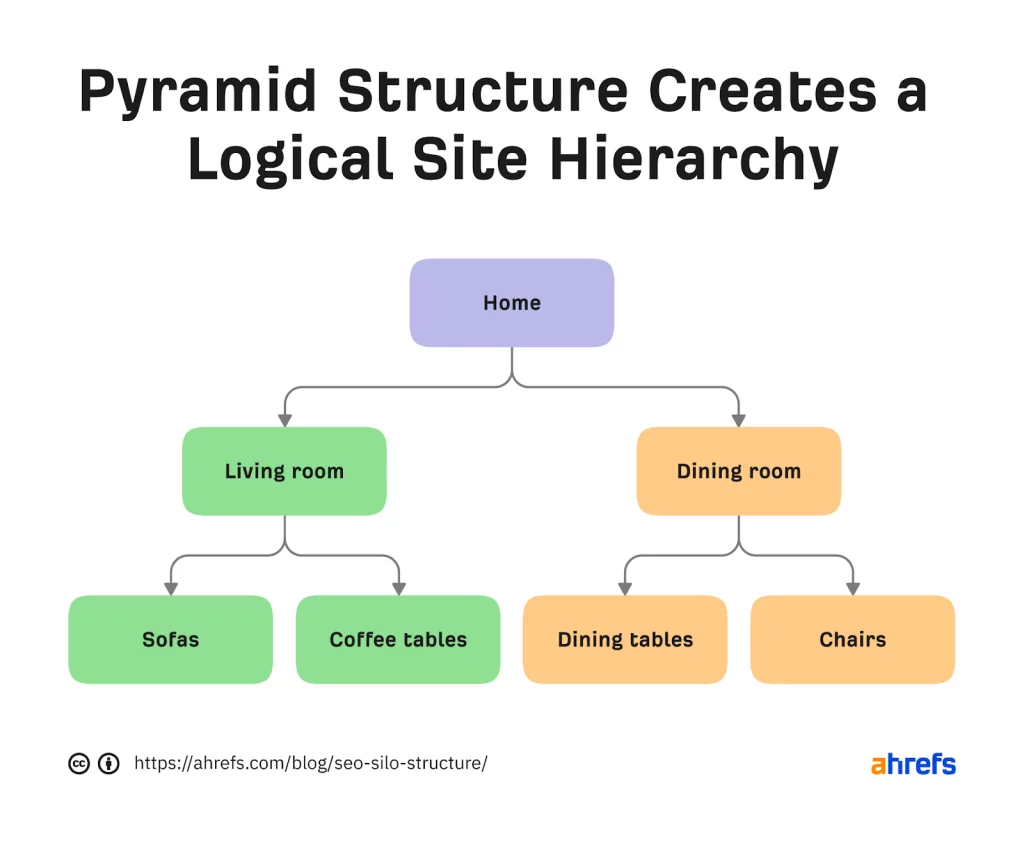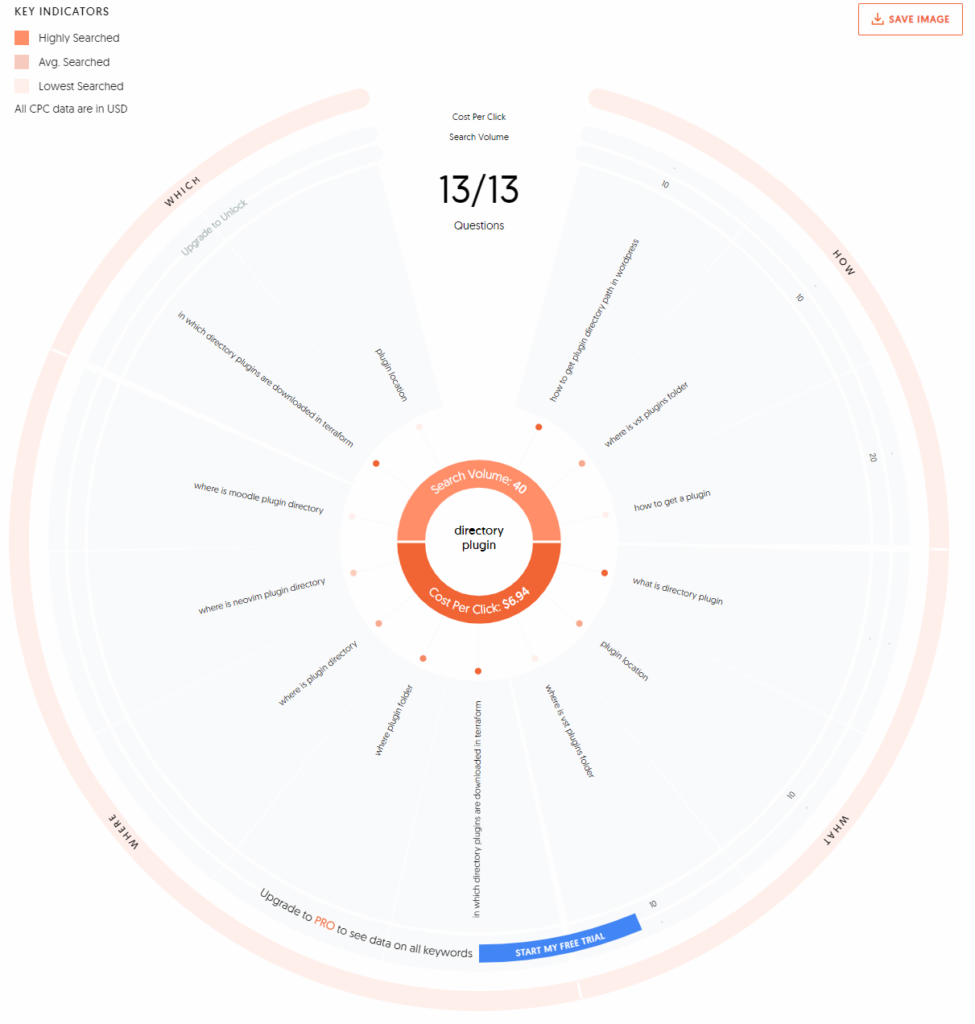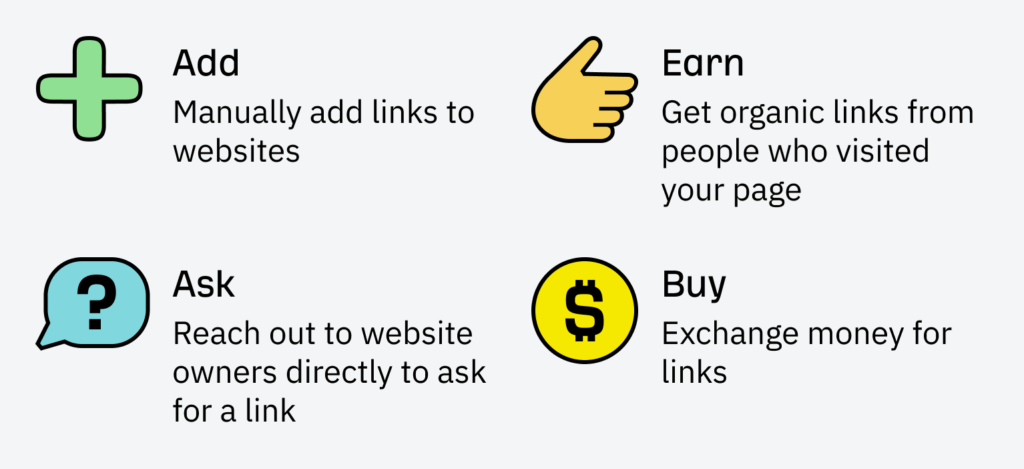How to Choose a WordPress Directory Plugin Properly?
Simple tips on selecting a WordPress directory plugin.
A list of recommendations on how to do SEO for your WordPress website.

If you created a directory website (or any other website) and want more organic traffic, then improving your WordPress SEO is crucial. Unfortunately, most of the articles out there are too technical, and it may be challenging to make all the necessary improvements on your own. That’s why we created this article on WordPress SEO, so you can improve your website rankings without any technical background.
So, without any further ado, let’s jump in!
Before we dive into the “recommendations” part of this article, let’s briefly cover some core principles of WordPress SEO that you should keep in mind when optimizing your directory website.
When optimizing your directory website for a better website presence in search engine results, you should always focus on:
Okay, now you have a short outline of what we are going to talk about in this article. Now, let’s dive deeper into each of the SEO principles.
Technical SEO is the backbone of a directory website’s ability to rank well in search engines. By focusing on technical aspects such as site structure, page speed, mobile responsiveness, and security, you create a solid foundation for your website’s performance (check our guide on securing a WordPress directory website).
Simply saying, it’s a starting point for optimizing your website.
Your directory website’s structure should be logical and easy to navigate. It’s better to use a hierarchical layout with categories and subcategories that accurately reflect the information on your website.
Ahrefs recommends using a pyramid navigation structure for easy crawling and a better user experience.

This structure has three main benefits:
As we mentioned before, page speed is a crucial ranking factor. So, if you want to improve your website visibility on SERP (search engine result page), you should optimize the page speed of your directory website. The basic steps for improving page speed include:
We mentioned only a few basic recommendations on how to optimize your page speed. But it’s better to check out our article on how to speed up a WordPress website using the LiteSpeed Cache plugin. It includes step-by-step instructions that will make your directory website faster.
Ensure your website is optimized for mobile devices. Here, we’re not only talking about responsive design since it’s a default thing, and if you are using a modern WordPress theme, everything should be okay.
When optimizing your website for mobile devices, try the following:
Now, let’s jump into the next part of this article and talk about on-page SEO.
On-page SEO is like sprucing up your website’s interior. It involves fine-tuning elements directly on your pages to make them more appealing to both users and search engines. Effective on-page SEO ensures that your directory website is accessible to search engines and can significantly improve your site’s ranking potential.
We’ll cover the most important things you should improve on your directory website.
Your website’s visibility starts with keyword research. You should identify relevant keywords that users are using to find websites similar to yours. It’s easy to find these keywords using tools like:
By using these tools, you’ll be able to find out which keywords are the most searched and relevant for your niche.

Once you identify all the necessary keywords, it’s time to optimize all your content for the most important keywords (i.e., those that are most relevant to your business). To make it easier for you, here’s a checklist of the “things” you should examine and optimize:
Just to clarify, proper keyword research is not something “optional” or “desirable”. It’s a must-have process that can make or break your business. So, it’s better to spend some time on research and optimization.
Now, let’s discuss some of the mentioned content elements in more detail.
Content relevance plays a huge role when it comes to search engine optimization. Your content should be:
Meta tags and descriptions are critical components that impact how search engines and users view your website.
Simply saying, title tags and meta descriptions are like a “cover of a book”, so make sure that they are compelling enough so users want to click on the link and check your website.
Another important component of your on-page SEO is a proper URL structure. It improves user experience and helps search engines understand the hierarchy and relevance of your content. Here are some recommendations:
So, that’s all for on-page WordPress SEO, and now let’s move on and talk a little bit about off-page optimization.
What is Off-page SEO? When people mention off-page SEO, they usually mean tactics applied outside of a website to improve its rankings. These strategies often include link building, guest posting, social media marketing, and so on.
The main goal is to make your website more trustworthy and authoritative for visitors and search engines.
The first and probably the most effective way to improve your off-page SEO is to start building backlinks from authoritative websites. But the question is, “How to build backlinks?”. Ahrefs already simplified the answer to this question. Basically, you can:

To make it more clear, here are several popular ways how you can get backlinks to your website:
We mentioned only a few ways, but there are many more of them. However, not every backlink is worth getting. Here are a few recommendations on what you should avoid doing:
The next crucial off-page SEO strategy involves boosting your social media platforms’ presence. Social signals from platforms like Facebook and Reddit can positively impact your website’s search engine rankings.
By default, links from social media platforms don’t help your website increase domain authority. However, they can still bring a lot of traffic to your website when people share your content, and they can introduce your website to different audiences. So, we recommend creating accounts for your business in:
You can engage with your audience to promote social shares and direct traffic back to your site. Also, if it’s applicable to your niche, we highly recommend creating a YouTube channel for your business. It’s just a great source of traffic when used properly.
Now, let’s talk about measuring your SEO efforts. Accurate tracking and regular audits of your website are critical for long-term success.
First of all, you have to decide which analytics tool you gonna use. The most common choice is using Google Analytics 4. It will provide you with most of the necessary insights into user behavior, conversions and traffic sources. Some of the “WordPress SEO metrics” include:
It’s also important to:
These are the “fundamental” metrics that should be tracked regularly, but there are also many other useful metrics that you should check, such as engagement time, returning visitors, etc.
Also, it’s crucial to make regular SEO audits. It will help you to identify areas for improvement on your website and more importantly, you’ll notice if something wrong is going on (e.g., black SEO, broken links, etc.).
Unfortunately, you’ll probably have to use some paid tools like Ahrefs, Semrush or similar ones to make such audits. However, this is not an area to cheap out on because if you are going to invest money in WordPress SEO, then you have to be sure of what results it brings.
When making a new audit, try to break down the process into:
As a rule of thumb, reviewing this data once or twice a week will be enough. In that case, you’ll be aware of all the changes on your website.
Finally, we recommend installing a popular SEO WordPress plugin on your website. You can choose RankMath or Yoast since both of them offer many features that help you optimize your website for search engines. Some of the default features of both plugins will include:
Please note that we mentioned only a few features, but usually, such plugins can help you optimize your website significantly. However, keep in mind that simply installing plugins won’t make your website SEO-friendly and bring you more traffic. You have to use all the other techniques mentioned earlier to get some significant and permanent results.
That wraps up our article on how to do WordPress SEO for your directory website (or any other). We hope it was useful to you, and now you have a better idea of the improvements you have to make to get higher rankings on SERP.
Additionally, we recommend checking out our article on the most popular mistakes people make when starting a new website, so you can avoid them in the future.
Simple tips on selecting a WordPress directory plugin.
A few tips on how to choose a WordPress theme for your directory website.
Check out 6 helpful tips on how to choose a niche for your website.